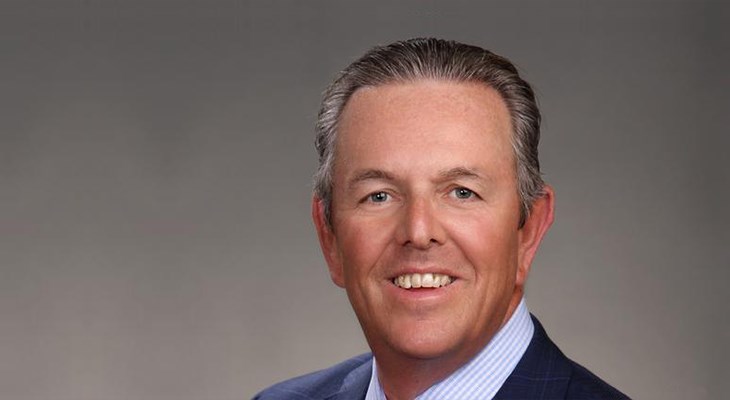In a market affected like it is by the COVID-19 pandemic, volatility is the norm rather than nuance.
“When forces like this are at work, all any investor can do is wade through these waters very carefully and look for opportunities, and particularly opportunities that these conditions support,” says George Sullivan, CEO of Equity Trust Company.
Over the past 10 years, pricing in general for all asset classes has been rising steadily. So some investors, even prior to COVID, were focused on alternative investments — real estate, private equity and private credit.
Since COVID, he’s seeing some passivity toward alternatives, and that to him is a reflection of markets coming back up and pricing being high again. There may not be as many opportunities as when pricing is down, and it’s leveling the field between the two investment types.
But there are other advantages to alternative investments. He’s says right now he’s seeing a premium in real estate and private equity, assets that are uncorrelated to the public market.
“So, if the public markets systemically died, that doesn’t mean that real estate and private equity will,” he says. “So you get the benefit, in good times, of a little more alpha or return on those investment. And in bad times, much more of a hedge against the public market.”
With all the shifts and uncertainty, Sullivan says the fundamental question on investors’ minds right now is when will conditions be better? For Sullivan, that’s the wrong question. Instead, it should be where are the opportunities?
“Really sophisticated investors will look at these times as the time to invest, whereas the average investor is generally jumping out of the market, both public and private, at times like this,” Sullivan says. “So, even though there’s reason for caution, really good investors make their hay in these kinds of times, and I think you’ll continue to see that.”
Sullivan spoke on the Smart Business Dealmakers Podcast about the state of investing and what should be the state of mind of high-net worth individuals looking to capitalize during a time of disruption.
Listen to the podcast




